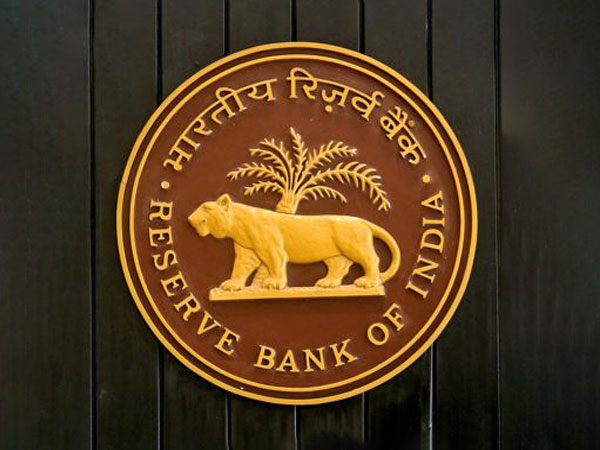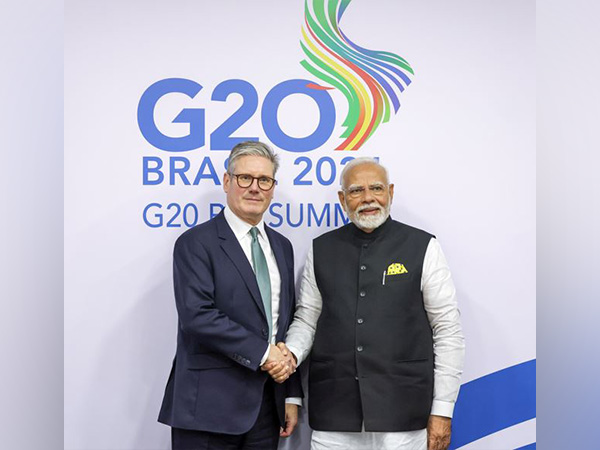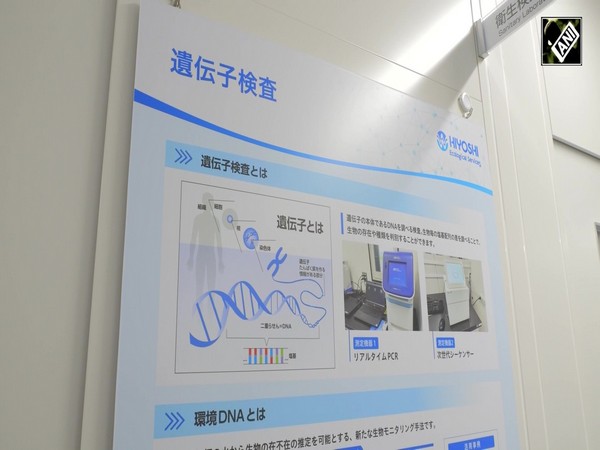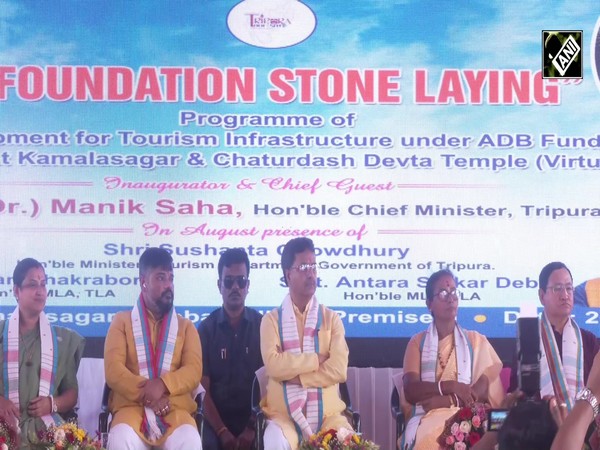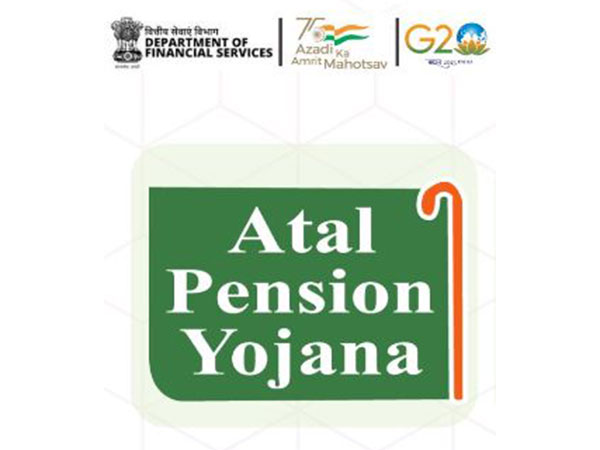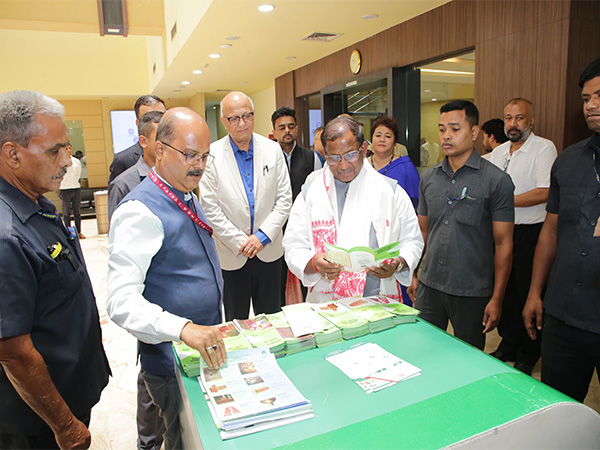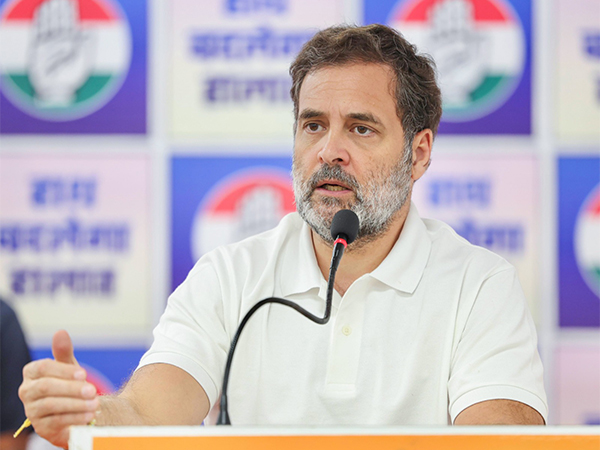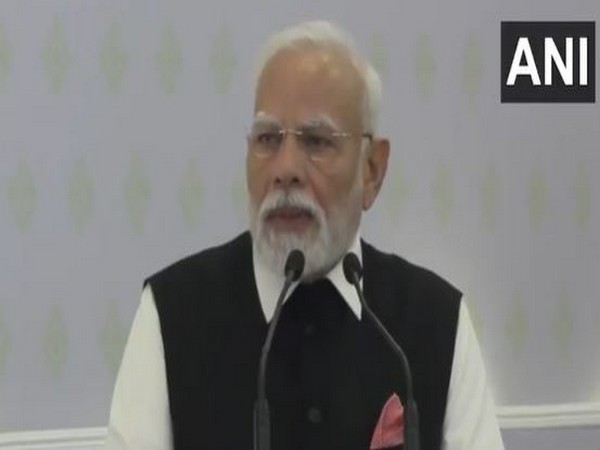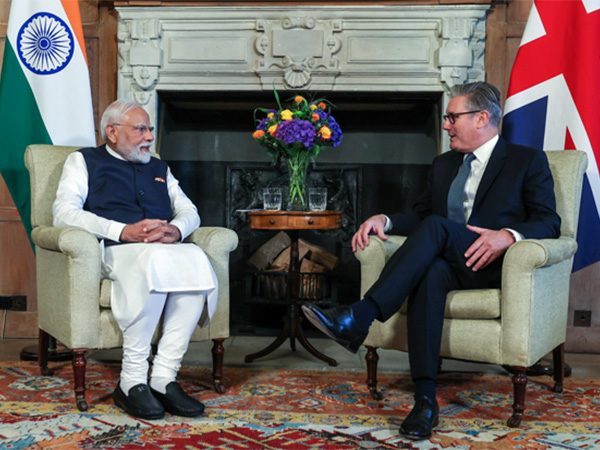
India to benefit from zero duty access in textiles, leather, chemicals, metals, gems-jewelery under UK FTA
Jul 24, 2025
New Delhi [India], July 24 : The Comprehensive Economic and Trade Agreement (CETA) between India and the United Kingdom provides near-complete tariff elimination for Indian exporters, unlocking significant opportunities across various sectors.
India's principal advantage under the agreement lies in duty-free access for its labour-intensive sectors, processed food items, and other high-tariff product segments where India holds a strong competitive edge.
The India-UK CETA promises immediate and significant benefits for a range of labour-intensive sectors that form the backbone of India's MSME ecosystem and employ millions across the country.
Under the agreement, several key sectors will now enjoy zero-duty access to the UK market.
In textiles and clothing, which previously faced tariffs of up to 12 per cent, complete liberalisation will enhance India's competitiveness against rivals like Bangladesh and Vietnam, spurring large-scale exports of value-added garments. Similarly, the leather and footwear sector, which earlier faced duties as high as 16 per cent, will now enjoy zero tariffs--a major win for exporters in states such as Uttar Pradesh and Tamil Nadu.
Sectors such as gems and jewellery, furniture, and sports goods, which were previously subject to duties of up to 4 per cent, now benefit from full duty elimination, boosting exports of handcrafted, artisanal, and design-intensive products.
A particularly notable gain is in processed foods, where products that earlier faced tariffs of up to 70 per cent will now see zero duty on 99.7 per cent of tariff lines.
Beyond these, India secures improved market access in sectors with strong export potential that previously faced moderate tariff barriers.
Marine and animal products, which had duties up to 20 per cent, will now enjoy zero tariffs, significantly benefiting seafood, dairy, and meat exporters. Similarly, the removal of tariffs on vegetable oils and plant-based products--including those facing up to 20 per cent earlier--will support exporters of edible oils, oilseed derivatives, packaged foods, tea, coffee, and spices, thereby aiding India's agri-processing sector and rural economy.
The elimination of duties on chemicals, electrical and mechanical machinery, and plastics and rubber will further strengthen India's global competitiveness in these emerging sectors.
Strategically, these trade gains align closely with India's development agenda under initiatives such as 'Make in India' and the Production Linked Incentive (PLI) Scheme.
The India-UK CETA is a carefully crafted agreement that delivers immediate and meaningful benefits to high-employment sectors--particularly textiles, leather, gems and jewellery, organic chemicals, plastics, artisanal goods, and processed food--reinforcing India's industrial and export ambitions.
